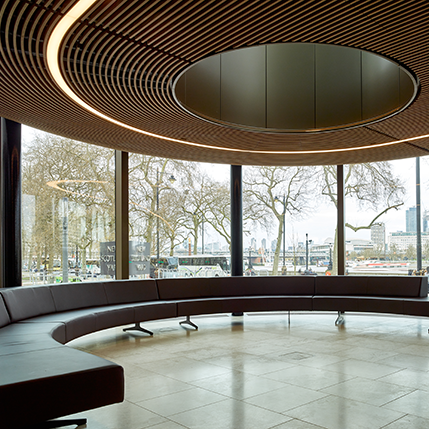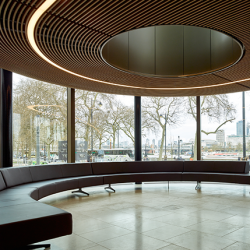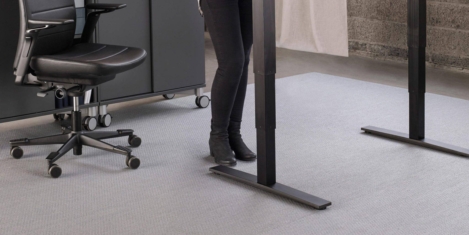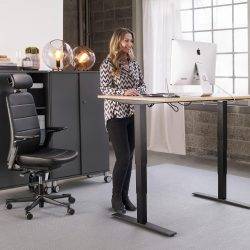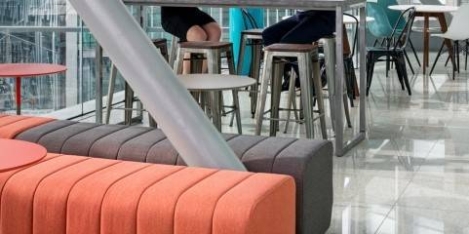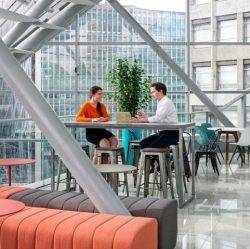October 19, 2017
Plans announced for Digital City on Toronto waterfront
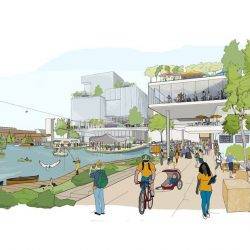 Sidewalk Labs, owned by Google’s parent company, Alphabet, is to build a ‘digital city’ in Toronto to showcase smart city technology and a range of other cutting edge innovations and examples of best practice. The aim is to turn the Eastern waterfront area of the city into a working laboratory for a range of technologies such as fast wi-fi, millions of smart city sensors, sustainable energy and autonomous cars. The over 3 million s. ft. mixed-use development in Toronto will also be built using cutting edge innovations in construction. Google is already set to become the first major tenant in the development with an office for 300 employees of its Canadian HQ. Sidewalk Labs and the local authorities hope to turn the area into a “place for tens of thousands of people to live, work, learn and play – and to create and advance new ideas that improve city life”.
Sidewalk Labs, owned by Google’s parent company, Alphabet, is to build a ‘digital city’ in Toronto to showcase smart city technology and a range of other cutting edge innovations and examples of best practice. The aim is to turn the Eastern waterfront area of the city into a working laboratory for a range of technologies such as fast wi-fi, millions of smart city sensors, sustainable energy and autonomous cars. The over 3 million s. ft. mixed-use development in Toronto will also be built using cutting edge innovations in construction. Google is already set to become the first major tenant in the development with an office for 300 employees of its Canadian HQ. Sidewalk Labs and the local authorities hope to turn the area into a “place for tens of thousands of people to live, work, learn and play – and to create and advance new ideas that improve city life”.





















